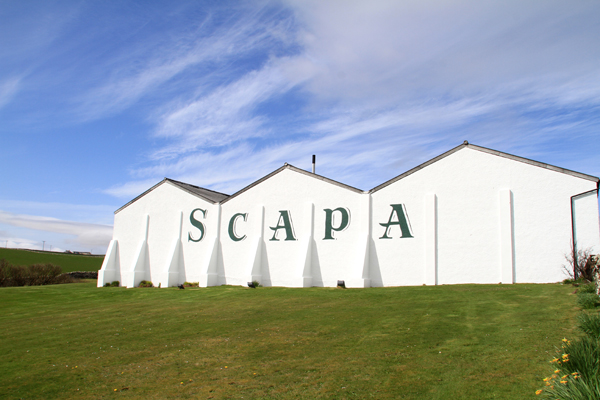Controversial alcohol advertising consultation set to close

A “completely ludicrous” consultation which could result in a blanket ban on alcohol businesses’ ability to advertise and market themselves closes today.
Under the proposals being mooted by the Scottish Government, firms would no longer be able to support and sponsor community events, sell clothing or merchandise and shops could be forced to sell alcohol in adult-only sections or even separate rooms.
Speaking recently in The Orcadian, businesses across Orkney were united in their opposition to the plans, which would effectively put alcohol on a footing with tobacco.
“Rules do continually evolve, but what is being mooted is revolution, not evolution; its social engineering on a massive scale,” was the verdict of wine retailer Duncan McLean.
Under the proposals being mooted, alcohol producers would be banned from:
- Sponsoring events, including advertising boards or the release of special limited-edition products for events.
- Marketing and advertising in public spaces and public transport.
- Advertising and displays in shops, including window displays, with drinks only sold in adult-only sections, separate rooms or supermarkets dedicated to off-sales.
- Selling merchandise such as T-shirts, jackets, baseball caps, glasses and mugs.
- Advertising in printed publications, and further measures would be taken in for online, TV and radio.
“Without marketing and advertising, how can any brand exist and how can it ever grow and survive?” asked Stephen Kemp, co-founder of Orkney Distilling.
Even a local landmark such as the Scapa Distillery would not be immune to the changes, said Mr Kemp, who believed that the consultation would do nothing to stop the abuse of budget spirits and high alcohol content lagers.
“Imagine walking along Scapa Beach and you would be looking up and Scapa Distillery could no longer have their brand emblazoned across the side of their building,” said Mr Kemp.
Kirkness & Gorie owner Mr McLean said the possible law changes would result in a system of state-controlled alcohol outlets and would result in a huge change of retail culture.
He expressed his belief that the consultation was flawed, as it constantly assumed that alcohol is only sold in supermarkets, with mention to end-of-aisle displays, alcohol-only aisles, and alcohol being displayed only in a separate area entirely.
Mr McLean said: “That might be possible if you are a big supermarket, but if you are a specialist store like Kirkness & Gorie, smaller than ten metres square, it would be simply impossible. It could mean the end of hundreds of small, responsible retailers like us.”
Managing director of the Quoyloo Brewery, Norman Sinclair’s greatest concern was the stripping of support for the community, such as being banned from sponsoring Orkney RFC, as he has done over the last 13 years.
Liam McArthur agreed that efforts should be made to reduce alcohol harm, especially in children and young people, but he held serious reservations regarding the evidence the consultation is based on.
Orkney’s MSP said: “The proposals put forward in this consultation appear to be extremely wide-ranging and, in some instances, based on questionable assumptions.
“As a result, there is a risk of significant unintended consequences, which could do real damage to businesses while achieving little or nothing in terms of tackling alcohol harms.”
The Scottish Government said no decisions have been taken but they are consulting on views on the next steps to tackle alcohol-related harm — “one of the most pressing public health challenges” in Scotland.
The consultation can be found by clicking here.

